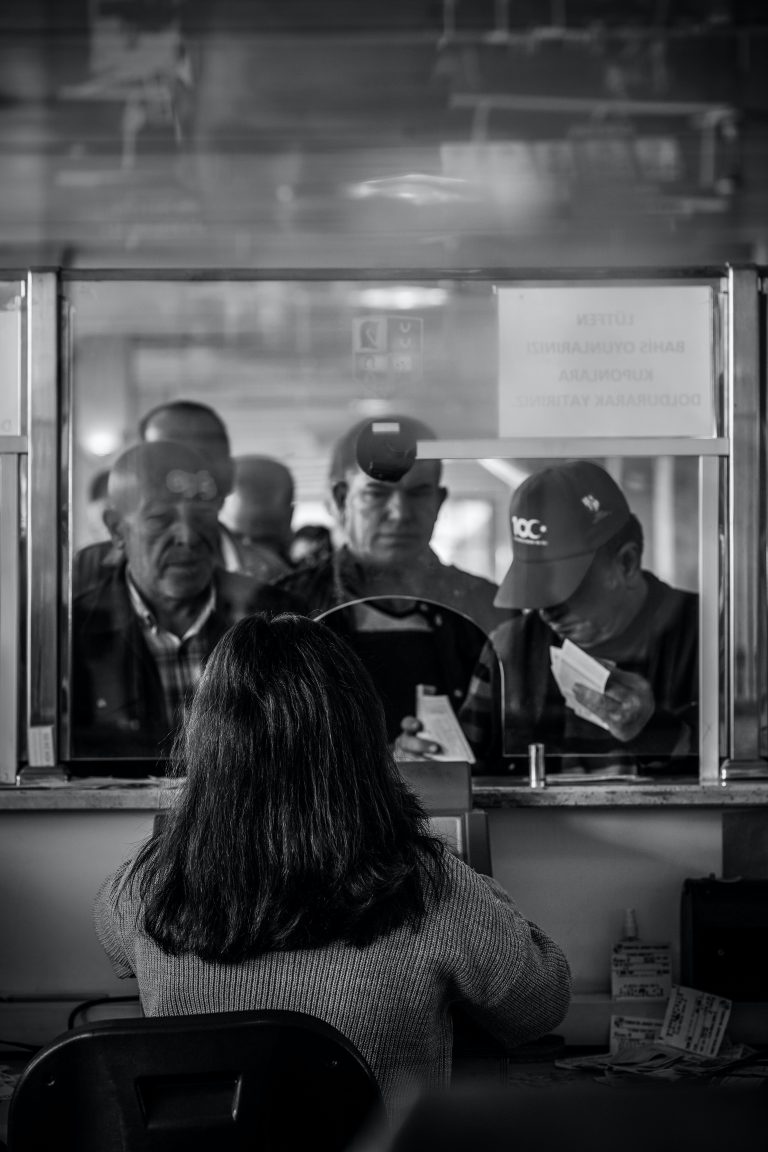An Educator’s Guide to Keeping Up with Gen Z’s Fortnite Attention Spans!
The ABCs of Edutainment: A Hilarious Odyssey into the Wacky World of Educational Innovations.
Once upon a time, in a land not too far from the nearest Wi-Fi signal, educators embarked on a quest to revolutionize the ancient art of teaching. Armed with laptops, interactive whiteboards, and a secret weapon called “The Internet,” they set out to make learning so cool that even textbooks would start wearing sunglasses. Welcome, dear reader, to the whimsical wonderland of innovations in education—a place where chalkboards have retired to become antique art installations, and No. 2 pencils are plotting their revenge.
Picture this: a classroom where the teacher is not just an expert in trigonometry but also a stand-up comedian, delivering equations with impeccable timing and precision punchlines. Yes, education is no longer a monotonous monologue; it’s a stand-up comedy show, and every student is a VIP in the front row, ready to LOL their way to an A+. Forget about the awkward silence after a lame joke; now, it’s all about the awkward silence while waiting for Google to load the punchline.
But wait, there’s more! In this brave new world of learning, textbooks are so passé that even termites wouldn’t bother nibbling on them. Instead, students are treated to the latest in holographic history lessons, where historical figures materialize in 3D glory to spill the tea on their eras. Marie Antoinette might even toss a virtual cake your way, just for the sheer immersive experience.
Oh, and did I mention the interactive robot assistants? Gone are the days of raising your hand and waiting to be noticed. Now, you can just signal your robotic sidekick, EduBot 3000, to do the heavy lifting—or should I say heavy thinking? EduBot 3000 doesn’t just answer questions; it answers them with style, throwing in a dab or a floss dance just to keep things spicy.
In this educational utopia, homework is a thing of the past. Instead, students engage in epic quests and virtual adventures that make saving the world from algebraic monsters seem like a walk in the pixelated park. If only Indiana Jones had discovered the treasure of quadratic equations instead of the Holy Grail, we might all be math geniuses by now.
So, there you have it—a sneak peek into the hilariously innovative world of education. As we navigate through this landscape of laughter and learning, one can’t help but wonder: what’s next? Perhaps a class on intergalactic linguistics or a degree in unicornology? Whatever it is, one thing’s for sure—education will never be the same, and the future looks brighter than a supernova at a disco. Get ready to laugh, learn, and maybe even launch yourself into a world where the only thing traditional is the custodian’s mop.
Here are some key innovations in education:
- Online and Blended Learning:
- The growth of online courses and degree programs continues to provide flexibility and accessibility to learners worldwide.
- Blended learning approaches, combining online and traditional classroom elements, have gained popularity.
- Adaptive Learning Technology:
- Adaptive learning platforms use data and algorithms to personalize the learning experience, adjusting content and pace based on individual student needs.
- Virtual and Augmented Reality (VR/AR):
- VR and AR technologies are being used to create immersive learning experiences, allowing students to explore concepts in three-dimensional environments.
- Gamification:
- Gamification incorporates game elements, such as rewards and competition, into educational activities to enhance engagement and motivation.
- Artificial Intelligence (AI) in Education:
- AI is being used to automate administrative tasks, provide personalized learning experiences, and analyze data to identify areas for improvement.
- Open Educational Resources (OER):
- OER includes freely accessible, openly licensed educational materials that can be used, adapted, and shared. This movement aims to reduce costs and increase accessibility.
- Project-Based Learning:
- Project-based learning emphasizes hands-on, collaborative projects that address real-world issues, fostering critical thinking and problem-solving skills.
- Microlearning:
- Microlearning breaks down educational content into small, focused units, making it easier for learners to absorb information in short sessions.
- Blockchain in Education:
- Blockchain technology is explored for secure and transparent credentialing, academic record-keeping, and verifying the authenticity of qualifications.
- Personalized Learning Paths:
- Education platforms are increasingly allowing students to choose their learning paths based on their interests, goals, and learning styles.
- Global Collaborative Learning:
- Technology facilitates collaboration among students from different parts of the world, promoting cultural understanding and diverse perspectives.
- Peer-to-Peer Learning Platforms:
- Platforms that connect students for peer-to-peer learning, tutoring, and collaborative projects are becoming more prevalent.
- Flexible and Alternative Credentialing:
- Non-traditional forms of credentialing, such as digital badges and competency-based assessments, are gaining recognition as alternatives to traditional degrees.
- Emphasis on Soft Skills:
- Recognition of the importance of soft skills, such as communication, critical thinking, and creativity, in addition to traditional academic subjects.
These innovations collectively aim to make education more engaging, accessible, and tailored to individual needs. It’s important to stay informed about ongoing developments in the field, as education is likely to continue evolving in response to technological advancements and societal needs.




















+ There are no comments
Add yours